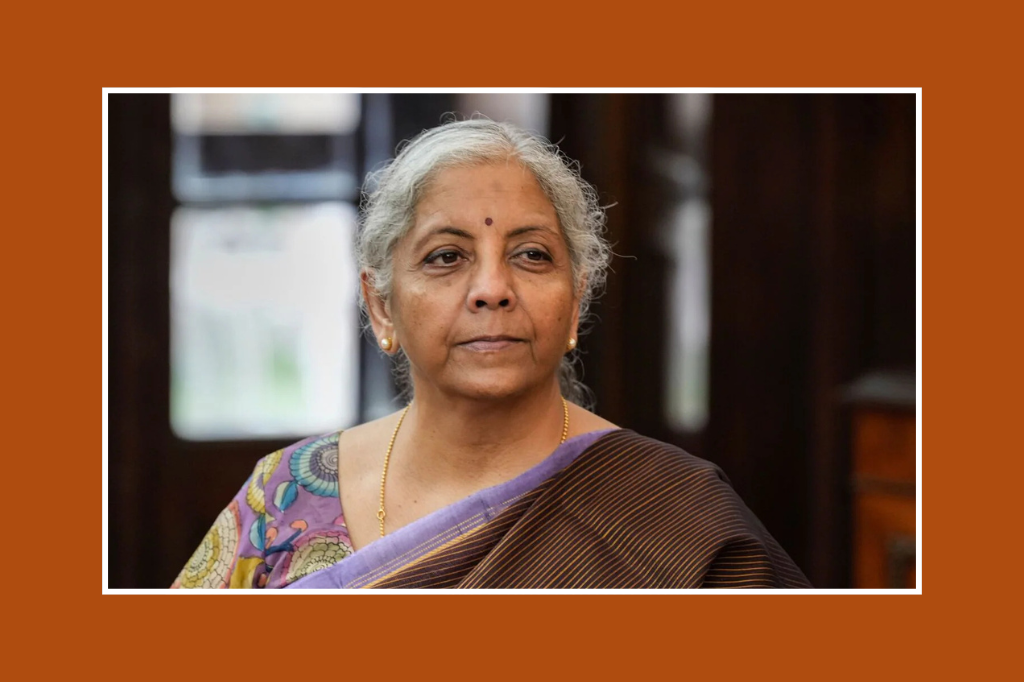Finance Minister Nirmala Sitharaman has announced sweeping reforms to India’s Goods and Services Tax (GST), calling the overhaul a “system-cleaning reform” aimed at simplifying compliance and correcting long-standing inconsistencies in the tax structure.
Speaking at the ‘Tax Reforms for Rising Bharat’ conclave in Chennai, Sitharaman highlighted that the reforms will reduce the four-tier GST system to two main slabs—5% and 18%, with a 40% rate on sin goods. The move is expected to make taxation more transparent and easier to navigate for both businesses and consumers.
The GST 2.0 framework will also lower rates on over 300 items, including daily-use goods, medicines, and insurance premiums, bringing many under the 5% or zero tax category. Additionally, it aims to eliminate inconsistencies, such as different tax rates applied to similar products—for example, plain popcorn sold by street vendors was previously tax-free, while branded caramel popcorn attracted 18% GST.
Since the introduction of GST in 2017, the number of registered taxpayers has grown from 66 lakh to 1.5 crore, demonstrating increased adoption of the tax system. Sitharaman emphasized that the reforms are expected to ease compliance, boost economic activity, and make essential goods more affordable.
The new GST regime is set to come into effect on September 22, 2025, just ahead of the Deepavali festival, aiming to provide timely relief to consumers and businesses. The government has pledged to closely monitor implementation to ensure that benefits reach the intended recipients.







